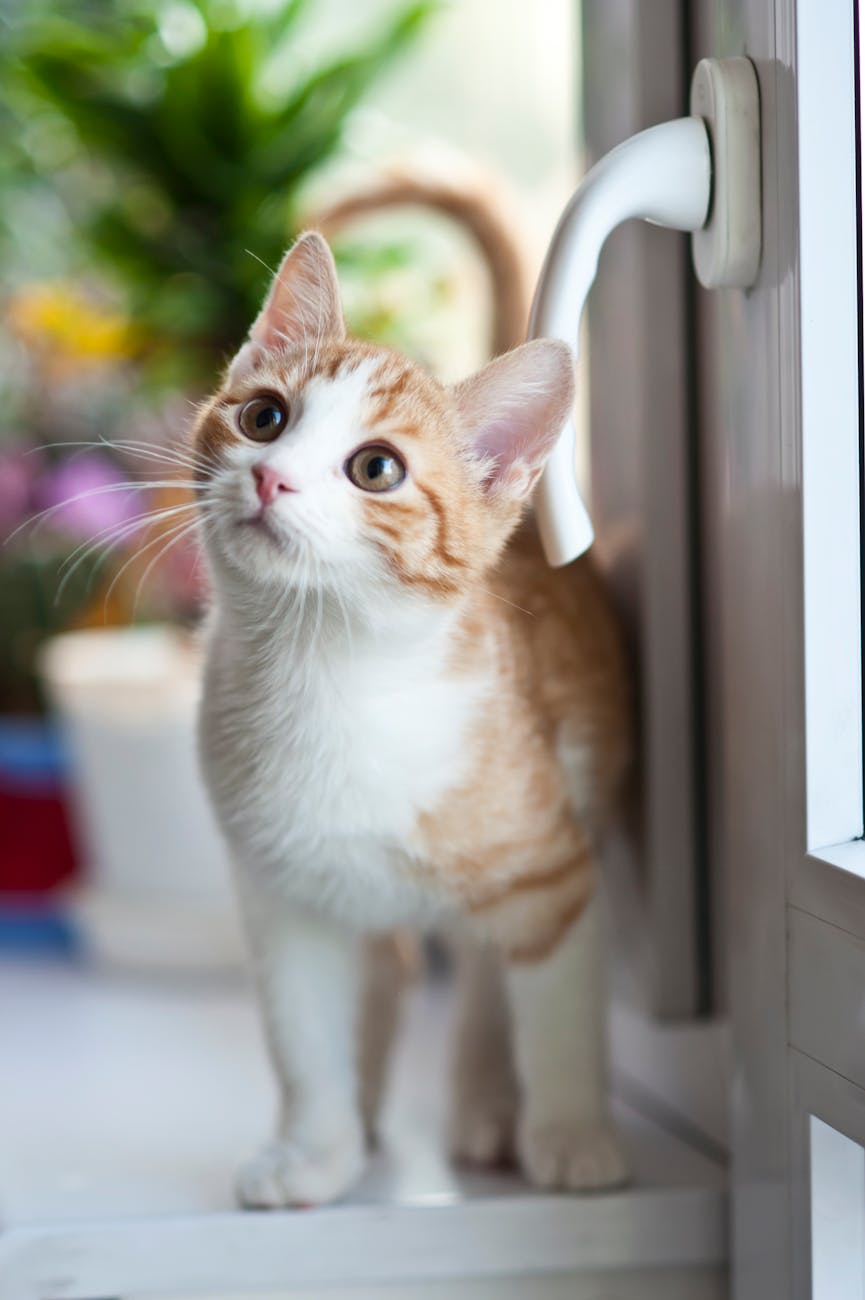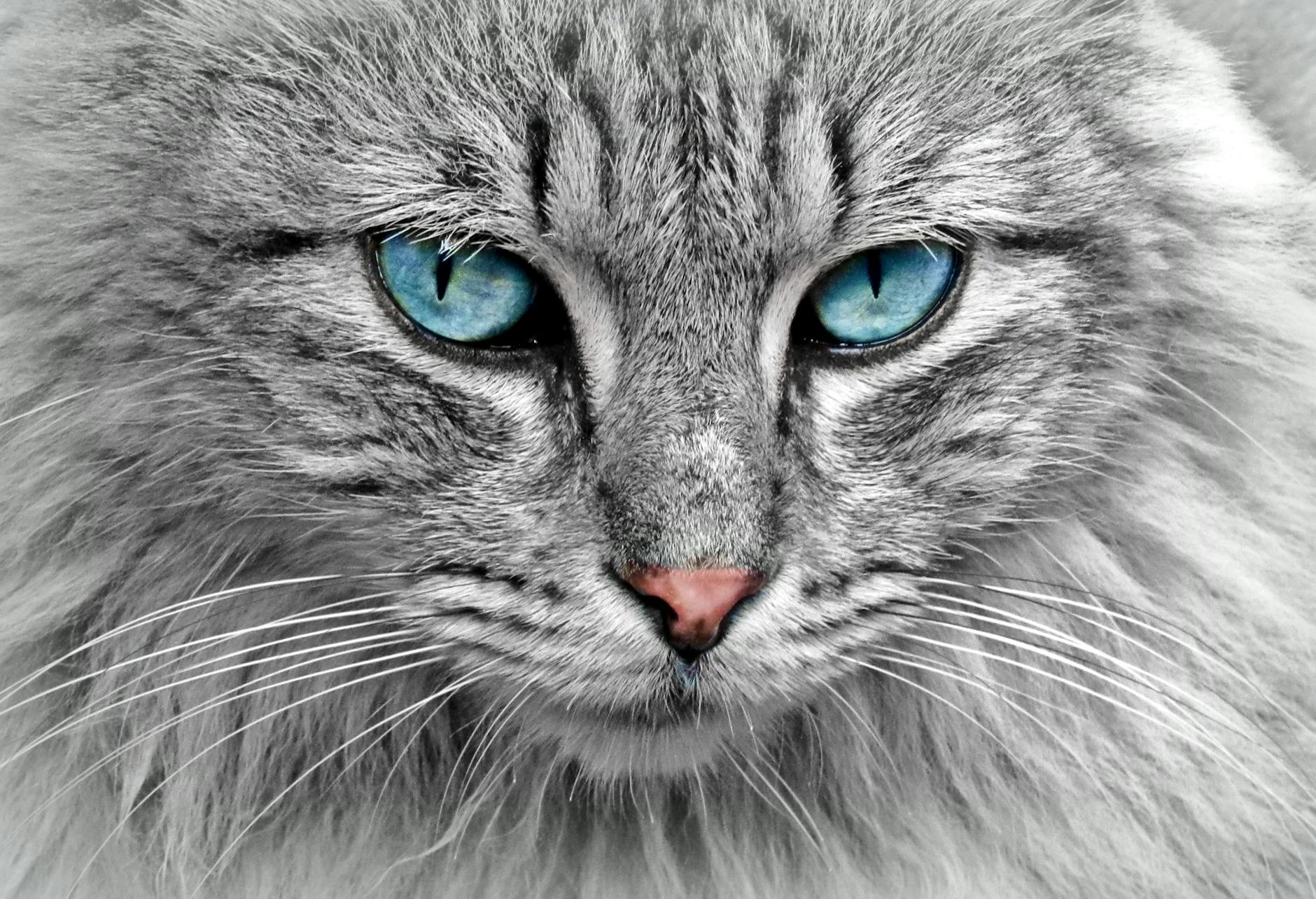When it comes to your feline friend’s diet, understanding their nutritional needs is crucial for their health and well-being. Many cat owners wonder, "can cats eat turkey?" and, indeed, turkey can offer several benefits as a protein source. However, it’s essential to understand both the advantages and potential risks associated with feeding turkey to cats. In this post, we will explore the suitability of turkey in a cat’s diet, how to prepare it safely, and the importance of maintaining appropriate portion sizes.
Understanding the Nutritional Needs of Cats
Cats are obligate carnivores, meaning they primarily thrive on a meat-based diet. Their nutritional needs differ significantly from those of humans and other pets. To ensure your feline friend remains healthy and vibrant, it’s essential to focus on these key nutrients:
- Protein: Cats need high-quality protein to sustain their energy levels and support muscle development.
- Taurine: This essential amino acid is vital for heart health and vision. Unlike some animals, cats cannot produce taurine themselves.
- Fat: Healthy fats provide energy and help absorb essential vitamins. Look for omega-3 and omega-6 fatty acids, which are beneficial.
- Vitamins and Minerals: Essential for various bodily functions, these nutrients must come from their diet to prevent deficiencies.
Now, you may wonder, can cats eat turkey? Yes, turkey provides an excellent source of protein and can also be a healthy addition to their diet when prepared correctly. However, always ensure that the turkey is unseasoned and well-cooked to avoid any potential risks associated with feeding this to your cat.

Benefits of Turkey for Cats
When considering whether can cats eat turkey, it’s essential to recognize the numerous benefits this lean protein offers. Turkey is not only delicious but also serves as a great dietary option for your feline friend. Here are some key advantages:
High in Protein: Turkey is rich in protein, essential for your cat’s muscle development and overall health.
Low in Fat: Compared to other meats, turkey has a lower fat content, making it a heart-healthy choice for cats.
Nutrient-Rich: It contains vital nutrients such as:
- B Vitamins: Important for energy metabolism and a healthy nervous system.
- Zinc: Supports a healthy immune system and skin.
Easy to Digest: Most cats can digest turkey easily, reducing the likelihood of stomach upset.
In moderation, turkey can be a delightful and nutritious addition to your cat’s diet. However, always remember to check how your cat reacts to any new food. This way, you’ll ensure that your cat enjoys its turkey treats without any negative effects. So, when pondering can cats eat turkey, the answer is a resounding yes, as long it’s prepared properly and served in appropriate portions!
Risks Associated with Feeding Turkey to Cats
While turkey can be a delicious treat for your feline friend, it’s crucial to recognize the potential risks associated with feeding turkey to cats. Here are some key points to consider:
Seasoned or Processed Turkey: Avoid giving your cat turkey that is seasoned, as ingredients like garlic, onion, or excessive salt can be harmful.
Bones in Turkey: Cooked turkey bones can splinter and pose a choking hazard or cause internal injuries. Always remove bones before serving.
Fat Content: Turkey skin is high in fat, which can lead to digestive issues or pancreatitis in cats. Limit exposure to fatty cuts.
Allergic Reactions: Some cats may have allergies to turkey. Monitor for symptoms like itching, vomiting, or diarrhea.
Digestive Upset: Introducing turkey suddenly can cause gastrointestinal upset. Gradually incorporate it into their diet to assess tolerance.
By understanding these risks, you’ll better determine if and how you should include turkey in your cat’s diet. Always remember, while asking yourself, "can cats eat turkey," to weigh the pros and cons before serving this tasty meat.
Preparing Turkey Safely for Your Cat
When considering if can cats eat turkey, it’s essential to prepare it correctly to ensure your feline friend enjoys it without any risks. Here are some safe preparation tips:
Choose Fresh Turkey: Always opt for fresh, high-quality turkey without additives or preservatives. Avoid processed turkey products that may contain harmful ingredients.
Remove Bones: Turkey bones can splinter and pose a choking hazard or cause internal injuries. Ensure all bones are completely removed before serving.
Cook Simply: Cook the turkey thoroughly to kill any harmful bacteria. Avoid using seasonings, sauces, or spices, as they may be harmful to cats.
Cool Before Serving: Let the cooked turkey cool down to room temperature before offering it to your cat. This prevents burns and ensures a safe eating experience.
Introduce Gradually: If it’s your cat’s first time tasting turkey, start with small amounts to monitor any allergic reactions or digestive issues.
Following these guidelines will ensure that if you decide to share turkey with your cat, it will be both safe and enjoyable. Remember, always check with your vet when considering new foods.

Portion Control: How Much Turkey is Appropriate?
When considering whether can cats eat turkey, portion control is crucial for maintaining your cat’s health. Turkey offers protein and essential nutrients, but moderation is key to preventing potential health issues.
Here’s a simple guideline for feeding turkey to your feline friend:
- Small cats (5-10 lbs): 1-2 ounces of cooked turkey per serving.
- Medium cats (10-15 lbs): 2-3 ounces of cooked turkey per serving.
- Large cats (15-20 lbs): 3-4 ounces of cooked turkey per serving.
Tips for portioning turkey:
- Frequency: Limit turkey as a treat or supplement, ideally no more than 2-3 times a week.
- Balance: Ensure the majority of your cat’s diet consists of high-quality cat food to meet all nutritional requirements.
- Observe: Keep an eye on your cat’s weight and health. Adjust portions if you notice any changes.
By controlling the amount of turkey you feed, you can safely enjoy the benefits while answering the question, “can cats eat turkey?” with confidence!
Alternatives to Turkey in a Cat’s Diet
While turkey can be a delightful treat for many cats, it’s essential to explore alternatives to ensure a balanced diet. Here are some nutritious options to consider:
- Chicken: Lean and protein-rich, chicken is often a favorite among felines.
- Fish: Salmon and tuna provide essential omega-3 fatty acids, promoting a healthy coat and skin.
- Lamb: A great alternative for cats with poultry allergies, lamb is flavorful and rich in nutrients.
- Duck: Similar in nutritional value to turkey, duck offers a unique taste that may entice your cat.
Comparison of Common Meat Options for Cats
| Meat Type | Protein Content | Fat Content | Potential Allergen |
|---|---|---|---|
| Turkey | High | Low | Moderate |
| Chicken | High | Low | Low |
| Fish | Moderate | Moderate | Low |
| Lamb | High | High | Moderate |
| Duck | Moderate | High | Moderate |
In summary, while "can cats eat turkey" is a valid concern for many cat owners, exploring these alternatives can enhance your cat’s diet. Always introduce new foods gradually and monitor for any adverse reactions.
Signs of Food Allergies in Cats
Recognizing the signs of food allergies in cats is essential for their health, especially if you’ve recently introduced turkey into their diet. While turkey can be a delicious treat, some cats may react negatively. Here are some common symptoms to watch for:
- Skin Irritation: Noticeable itching, red patches, or rashes.
- Digestive Issues: Vomiting, diarrhea, or excessive gas after consuming turkey.
- Ear Problems: Frequent scratching or inflammation in the ears.
- Hair Loss: Patches of fur may begin to thin out or fall off.
If you suspect that your cat is allergic to turkey, consult with your veterinarian promptly. They can perform a thorough evaluation and may suggest an elimination diet to identify the allergen. Ensure you observe your cat for any unusual behaviors following the introduction of turkey into their meals.
In summary, while many cats enjoy turkey, being aware of the signs of food allergies can help you determine if "can cats eat turkey" is a safe choice for your furry friend. Regular observation and communication with your vet will ensure your cat’s diet remains healthy and enjoyable.

Consulting with a Veterinarian about Your Cat’s Diet
When it comes to your cat’s nutrition, consulting with a veterinarian is crucial. They can provide tailored advice based on your cat’s specific needs. Here are several reasons why seeking professional guidance about whether can cats eat turkey is vital:
Individual Health Assessment: Every cat is unique. A vet can assess your cat’s health status, taking into account age, weight, and any existing health issues.
Nutritional Guidance: Vets can offer insights on balanced diets. If you’re considering adding turkey, they can explain how it fits into your cat’s overall nutrition.
Identify Allergies: If your cat experiences adverse reactions after eating new foods, a veterinarian can help identify potential food allergies, including turkey.
Prevent Overfeeding: Discuss portion sizes of turkey with your vet. They can recommend appropriate serving sizes to prevent obesity.
Monitor Reactions: Finally, after introducing turkey, keep a close eye on your cat. Report any changes to your vet for further advice.
In conclusion, always consider consulting a veterinarian when questioning can cats eat turkey. Their expertise will help ensure your feline remains healthy and happy.
Frequently Asked Questions
Is turkey safe for cats to eat?
Turkey is generally safe for cats to consume when it’s cooked and unseasoned. Cats are obligate carnivores, so meat is a key component of their diet. However, it’s important to ensure that the turkey does not contain any added ingredients such as garlic, onions, or spices, which can be harmful to cats. Always serve small, bite-sized pieces to prevent choking, and monitor your cat for any adverse reactions.
How should turkey be prepared for my cat?
When preparing turkey for your cat, it’s essential to cook it fully to eliminate any harmful bacteria or pathogens. Avoid using oils, seasonings, or sauces. The best approach is to boil or bake the turkey without adding any spices. Once cooked, allow it to cool before cutting the meat into small, manageable pieces. Always consult with a veterinarian before introducing new foods to your cat’s diet, especially if they have health issues or dietary restrictions.
Can cats eat raw turkey?
Feeding raw turkey to cats is a controversial topic. While some proponents of raw diets argue that raw meat is closer to a cat’s natural diet, it can pose various health risks, including the potential for bacterial infections such as Salmonella or E. coli. If you choose to feed your cat raw turkey, it’s imperative to source it from a reputable provider and ensure it is handled properly to minimize these risks. Always consult a veterinarian first.
How much turkey can I feed my cat?
While turkey can be a delightful treat for your cat, it should only make up a small portion of their overall diet. It is recommended to limit treats to about 10% of your cat’s daily caloric intake. A serving of turkey should be small, approximately one to two ounces for an average-sized cat, and should not replace their regular, balanced cat food, which is formulated to meet all their dietary needs.



